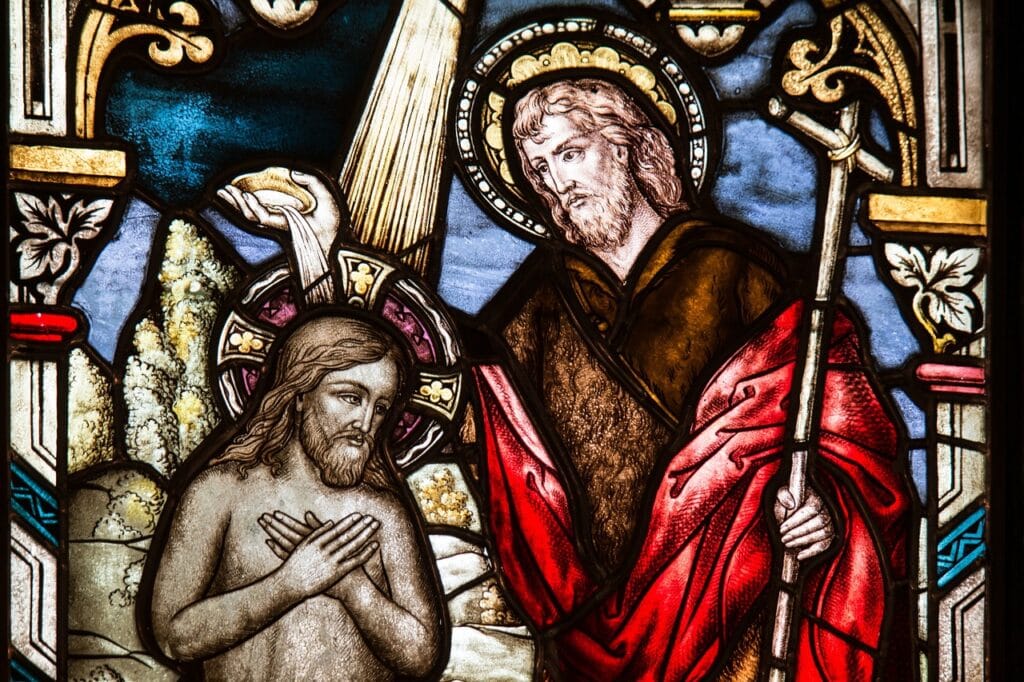
Baptist beliefs about school dances stem from their interpretation of scripture and community values. These beliefs often focus on issues like modesty, the potential for temptation, and the desire to maintain a distinct Christian identity. This article explores the reasons behind these views, examining their historical context, cultural influences, and implications for Baptist youth.
Historical Context of Baptist Beliefs
Baptists have a long history rooted in the Protestant Reformation. Emerging in the early 17th century, they emphasized personal faith, the authority of scripture, and the importance of individual conscience. Over the years, various Baptist denominations have developed unique beliefs and practices. This diversity often reflects local culture and the interpretation of biblical teachings.
In many Baptist communities, there is a strong emphasis on living a life that aligns with Christian values. This can lead to a cautious approach toward social activities that may conflict with those values. School dances, which often include music, dancing, and socializing, can be seen as opportunities for temptation, leading to behaviors that might not align with their faith.
Concerns About Modesty and Behavior
One of the significant reasons many Baptists refrain from attending school dances is the concern about modesty. Modesty is a core value in many Baptist teachings, emphasizing the importance of dressing and behaving in ways that reflect one’s faith. Dances can sometimes feature clothing and behaviors that are perceived as inappropriate or immodest.
Furthermore, there is a concern about the potential for inappropriate interactions at dances. The environment of a school dance can lead to situations that some Baptists believe could compromise their values. This includes behaviors like drinking, flirting, or engaging in physical contact that may be seen as inappropriate. As a result, parents and church leaders may advise against participation to protect the youth’s spiritual integrity.
Influence of Scripture
Many Baptist beliefs are rooted in scripture. Passages that encourage believers to avoid worldly distractions and to focus on spiritual growth often influence their views on social events like school dances. For instance, verses that encourage purity and holiness can lead to caution regarding activities that may lead to temptation.
Moreover, Baptists often refer to the idea of being “set apart” from the world. This concept emphasizes living a life distinct from secular influences. School dances, seen as part of the broader culture, may not align with this pursuit of holiness. The desire to remain faithful to their understanding of biblical principles can lead many Baptists to opt out of dances entirely.
Community and Peer Influence
The beliefs and practices of a Baptist community often influence individual decisions. In a tightly-knit community, the shared values can create a strong sense of identity. If attending school dances is frowned upon, individuals may feel pressure to conform to community standards. This pressure can extend to youth, who might choose not to attend dances even if they are personally interested.
Additionally, peer influence plays a significant role in shaping attitudes toward social events. Youth often look to their friends and role models for guidance on what is acceptable behavior. If the prevailing attitude among peers is one of disapproval toward dances, individuals may refrain from attending to avoid standing out or facing judgment.
Alternative Social Activities
Baptist communities often encourage alternative social activities that align more closely with their values. These activities can include church events, youth group gatherings, and community service projects. Such events provide opportunities for social interaction while promoting spiritual growth and fellowship.
By focusing on activities that reflect their beliefs, Baptists can foster a sense of community without compromising their values. These alternatives may also offer a safer environment for youth to interact, free from the potential pitfalls associated with school dances. The emphasis on wholesome and constructive activities helps reinforce the community’s commitment to living out their faith in practical ways.
Parental Guidance and Support
Parental involvement plays a crucial role in shaping the beliefs and decisions of Baptist youth. Many parents prioritize educating their children about the values of their faith, including the reasons for avoiding certain social events. Open communication between parents and children can help youth understand the motivations behind these decisions, fostering a deeper appreciation for their beliefs.
Parents often serve as primary role models, guiding their children in making choices that reflect their faith. This guidance can include discussions about the potential risks associated with dances and the importance of maintaining a Christian witness in all aspects of life. By providing support and understanding, parents can help their children navigate complex social situations while staying true to their convictions.
Balancing Tradition and Modernity
As society evolves, many Baptist communities face the challenge of balancing tradition with modern cultural influences. Younger generations may be more inclined to participate in mainstream activities, including school dances. This can lead to tension between traditional beliefs and contemporary social norms.
Some Baptist leaders advocate for a more open approach, encouraging youth to engage with the world while maintaining their faith. They may suggest finding ways to participate in dances while upholding Christian values, such as setting boundaries or attending with a group of friends who share similar beliefs. This perspective promotes a sense of engagement without compromising one’s faith.
Conclusion
The reasons many Baptists choose not to attend school dances are deeply rooted in their beliefs, traditions, and community values. Concerns about modesty, scriptural guidance, and the influence of peers and parents all play significant roles in shaping these decisions. While some may view this practice as restrictive, many Baptists see it as a way to uphold their faith and maintain their distinct identity in a rapidly changing world.
As discussions around faith and culture continue to evolve, it’s essential for Baptist communities to engage in open conversations about these issues. By fostering understanding and exploring alternative social activities, they can support their youth in navigating the complexities of modern life while remaining true to their beliefs.
FAQs
1. Are all Baptists against attending school dances?
Not all Baptists have the same stance on school dances. While many may avoid them due to tradition or beliefs, some may choose to attend, finding ways to engage with the event while maintaining their values.
2. What alternatives do Baptists suggest for socializing?
Baptists often encourage participation in church events, youth group gatherings, and community service activities as alternatives to school dances. These events can provide social opportunities within a faith-affirming environment.
3. How do Baptist parents influence their children’s decisions?
Baptist parents play a significant role in shaping their children’s beliefs and decisions by providing guidance and discussing the values associated with their faith. Open communication helps youth understand the rationale behind avoiding certain activities.
4. Can Baptists attend secular events if they choose to?
While many Baptists may feel hesitant about attending secular events like dances, some may choose to participate if they believe they can maintain their values and set appropriate boundaries during those events.
5. How do modern cultural influences affect Baptist beliefs?
Modern cultural influences can create tension within Baptist communities, as younger generations may gravitate toward mainstream activities. Some leaders advocate for balancing tradition with engagement, suggesting ways to navigate participation while upholding faith.






